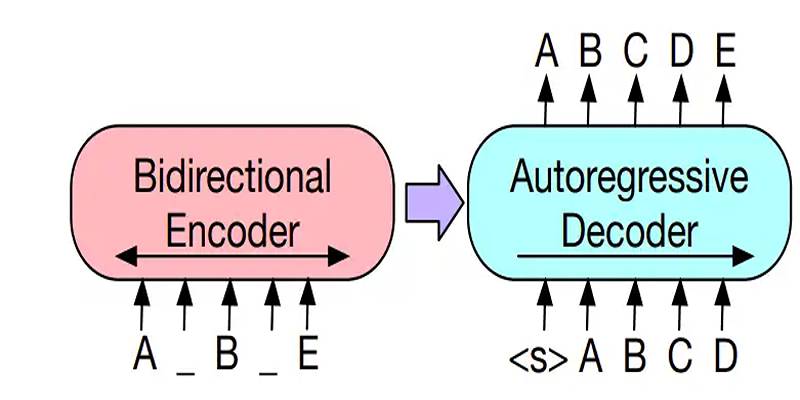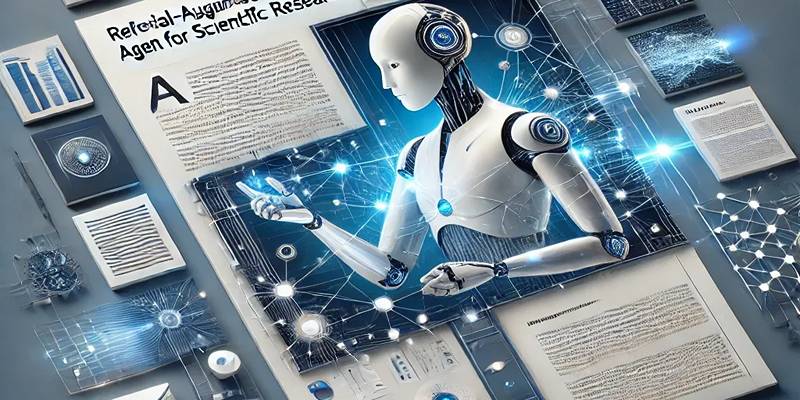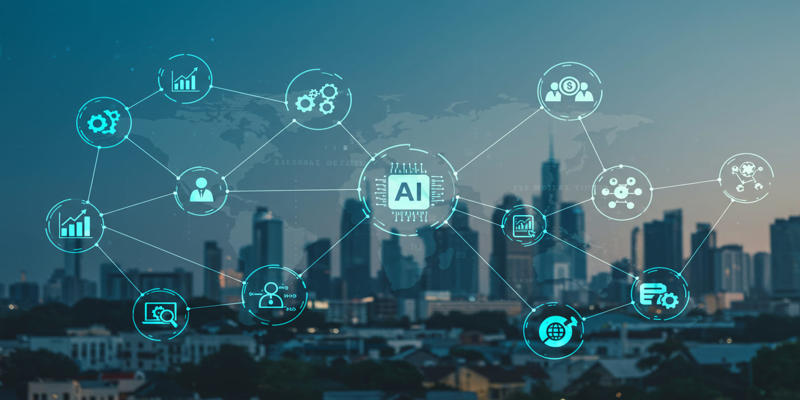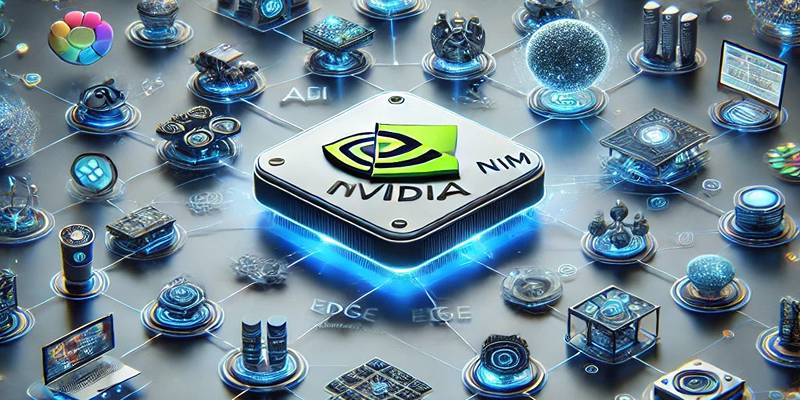Ads are often seen as boring, and most people hate watching them. But what if ads could be just made for you? This is becoming a reality because of the growth of AI in digital advertising. AI is no longer just a tool but has become an ideal tactic for businesses to connect with their potential customers interactively and engagingly.
For now, AI helps marketers understand what their customers want and make smarter decisions for their audiences by analyzing trends and user behavior. The role of AI in marketing will continue to grow as we move towards 2025 and beyond. In this article, we will discuss the future of AI in digital advertising. So, if you want to learn about the future of AI in digital advertising, keep reading!

Trends And Projections For AI Advertising In 2025 And Beyond
Significant improvements in automation, personalization, and decision-making will drive the future of AI in advertising. Here are the main trends to look out for by 2025:
AI Automation Is on the Rise
One of the biggest trends we will see in 2025 is the growing use of AI to handle everyday tasks automatically. According to the experts, AI chatbots will take care of up to 85% of customer service conversations. It will make fast replies to questions and better overall service, as AI can provide quick and accurate answers to common issues. For example, Photobucket uses Zendesk bots to answer frequently asked questions. These bots have helped them respond 14% faster and even boosted their customer satisfaction scores by 3%. In another example, LEAFIO offers an AI-based inventory solution that helps retail businesses manage their stock more easily. Their system can predict what items will be needed and when. It reduces the need for employees to spend time doing this manually.
Personalization Will Reach New Levels
In 2025 and beyond, personalization in advertising will become even more advanced because of AI. Businesses can use AI to study customer behavior, interests, and preferences. It will help them create marketing messages and offers that feel more relevant to each customer. Everything like suggestions, emails, or ads will be more tailored to each person's wants or needs. This targeted marketing can lead to better customer experiences and higher satisfaction. There are already tools using AI to create more personalized content. One great example is Jasper.ai. This tool helps businesses write marketing content that fits their target audience better. From blog posts to emails, Jasper.ai can create content that will engage customers. As AI continues to develop, personalization will keep getting better.
AI Will Play a Bigger Role in Decision-Making
In the near future, especially by 2025, AI will become a key part of how businesses make important decisions. Companies will rely more on AI tools to analyze large amounts of data and provide helpful insights. AI will help improve many business areas, like financial planning, inventory control, and customer service. Using AI, businesses can reduce advertising mistakes, save money, and work more efficiently. One example of this is ClickUp AI. It helps teams understand their data better by offering clear visuals, predictions, and automatic reports. These features will help companies easily spot trends and make decisions faster. AI will not replace human thinking but will support it by offering strong, data-based suggestions. It means businesses can stay ahead of the competition and respond quickly to changes in the market.
Generative AI Will Transform Content Creation
By 2025, generative AI will completely change how marketing content is created. Tools powered by advanced AI, like OpenAI's GPT-4 and newer models. AI can quickly produce high-quality written text, images, and video content. These tools will help marketers create engaging and customized content that matches their brand's style and connects well with their audience. Generative AI can learn a company's tone and understand what its customers like. It makes it easier to produce content that feels personal and relevant. It also saves time and money compared to traditional content creation methods.

AI Will Improve Programmatic Advertising
By 2025, AI will take programmatic advertising to a whole new level. Programmatic advertising uses automated technology to buy and place ads online. With the help of AI, this process will become smarter, quicker, and more efficient. AI systems can analyze huge amounts of data in real-time to decide the best time, place, and audience for each ad. It means businesses can reach the right people with the right message at the right moment. With the help of AI, ad performance will improve, and companies will get a better return on their investment. AI will also help adjust ad content and targeting on the fly, making it more responsive to user behavior. Tech giants like Google and The Trade Desk are already leading the way by developing advanced AI tools. These AI tools make programmatic advertising more effective than ever before.
AI and Augmented Reality Will Change Marketing
Combining AI and augmented reality is a rising trend that will greatly change marketing. When AI is added to AR, it creates more engaging and interactive customer experiences. People can explore products in fun and realistic ways, making it easier to connect with brands. By 2025, AI will make AR experiences even more personal and flexible. For example, it can adjust what users see in real-time based on their likes, habits, and behaviors. It means each person can have a unique experience that feels made just for them. Big companies like Snap Inc. and Shopify are already testing how AI and AR can work together in marketing. These advanced tools will help businesses attract customers by making shopping and exploring products more exciting, fun, and helpful.
Conclusion:
The future of AI in digital advertising looks good. AI makes everything more efficient and effective through personalized advertising, smart decision-making, faster content creation, and improved ad placements. As technology continues to advance, marketers will be able to connect with their audiences in new and exciting ways. By 2025, we will see AI as a helpful tool and a key player in shaping marketing strategies. Businesses that make these changes early will gain a competitive edge.











